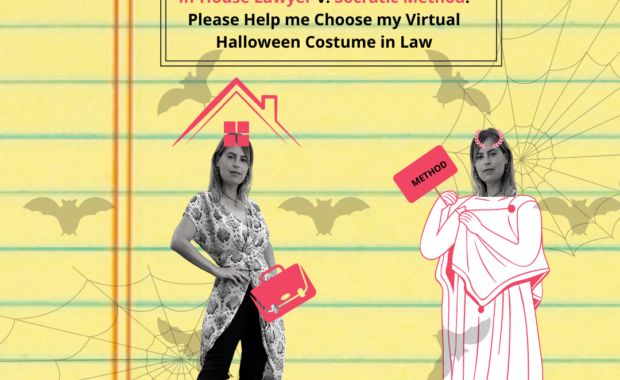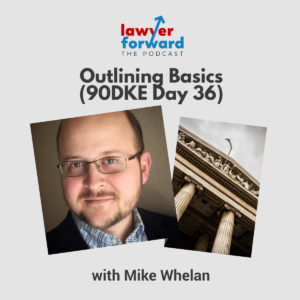(Photo by Win McNamee/Getty Images)
I’ve had the tough conversations with clients: “Do not sue. We don’t have a legal basis to sue.” Or, “Do not sue. If we sue, you’ll be screaming at me six months from now about how we’re spending more in legal fees than the case is worth. Do not sue.”
The business is usually convinced. Once in a blue moon, the business is not convinced: “We know this will cost more than we’ll recover, but we must establish a matter of principle. File the lawsuit.” I do. Six months later, the business is complaining that we’re spending too much money on the case.
Ah, well. I’m a repeat player, so I understand. The business is not a repeat player, so the business does not understand.
But pity the poor lawyers in the White House. They’re living examples of lawyers who come out on the losing end of these discussions. A couple of months ago, it was this: “Do not sue to enjoin publication of John Bolton’s book. Enjoining publication of the book would be a prior restraint, which is unconstitutional; we’d lose. Not only that: The book has already been distributed to warehouses, so the book is already public. Excerpts from the book have already been printed in newspapers. How can we prevent this from becoming public? This is hopeless. Don’t seek an injunction.”
Ah, well. The client calls the shots, and the client says to sue. So you file the lawsuit.
The press reports suggest that you’ve so far managed to hold onto your license.
I have other tough conversations with clients. For example, the business: “In a speech, a client made a bad joke about one of our senior leaders and thus defamed us. Sue!”
“Don’t sue. The bad joke has come and gone. It’s over. We’ve suffered the harm. Let it lie.
“If we sue, we’ll give new life to this incident. The joke is actually pretty funny; if we sue, our lawsuit is likely to go viral — ‘BigCo has no sense of humor and sues over hysterical joke.’ This will cause millions of people who haven’t heard the joke to read it, and it will prove that we’re jerks who don’t have a sense of humor. Don’t sue.”
The poor lawyers in the White House know this story, too. This week’s threatened lawsuit was about the billboards, paid for by The Lincoln Project, overlooking Times Square. One billboard showed Ivanka smiling next to the number of coronavirus cases in the U.S. The other billboard had Jared’s image and accurately quoted him as having said, “people are going to suffer and that’s their problem.”
So the White House insisted (I assume) that lawyers send a letter threatening a defamation lawsuit. Since there’s nothing defamatory about a person’s image or accurately quoting a person’s words, this was silly. The Lincoln Project responded with its own letter that was even more blustery. And, since The Lincoln Project is nothing if not adept at social media, the two billboards have now been viewed by tens of millions of Americans. Not bad for billboards, at a time when Times Square is generally seeing little foot traffic.
The foolishness of threatening to bring (or bringing) a lawsuit to avoid adverse publicity now has a Wikipedia entry devoted to it. It’s called the Streisand effect, from the time when Barbra Streisand sued to suppress a photograph of her house in Malibu, thus drawing vast attention to her house in Malibu. That incident was in 2003, but anyone who was paying attention knew about the Streisand effect long before Barbra lent her name to it.
In the years since 2003, the effect has magnified. With the growth of the internet, news spreads farther and more quickly than ever before. If you want news to die, let it die. Do not emphasize the news. Do not respond to it, comment on it, threaten to sue about it, or sue about it. Let it die.
Lawyers owe that advice to their clients. Clients, of course, make the final call.
Mark Herrmann spent 17 years as a partner at a leading international law firm and is now deputy general counsel at a large international company. He is the author of The Curmudgeon’s Guide to Practicing Law and Drug and Device Product Liability Litigation Strategy (affiliate links). You can reach him by email at inhouse@abovethelaw.com.




 Kathryn Rubino is a Senior Editor at Above the Law, and host of
Kathryn Rubino is a Senior Editor at Above the Law, and host of 




 Jordan Rothman is a partner of
Jordan Rothman is a partner of 




 Olga V. Mack is the CEO of
Olga V. Mack is the CEO of 
